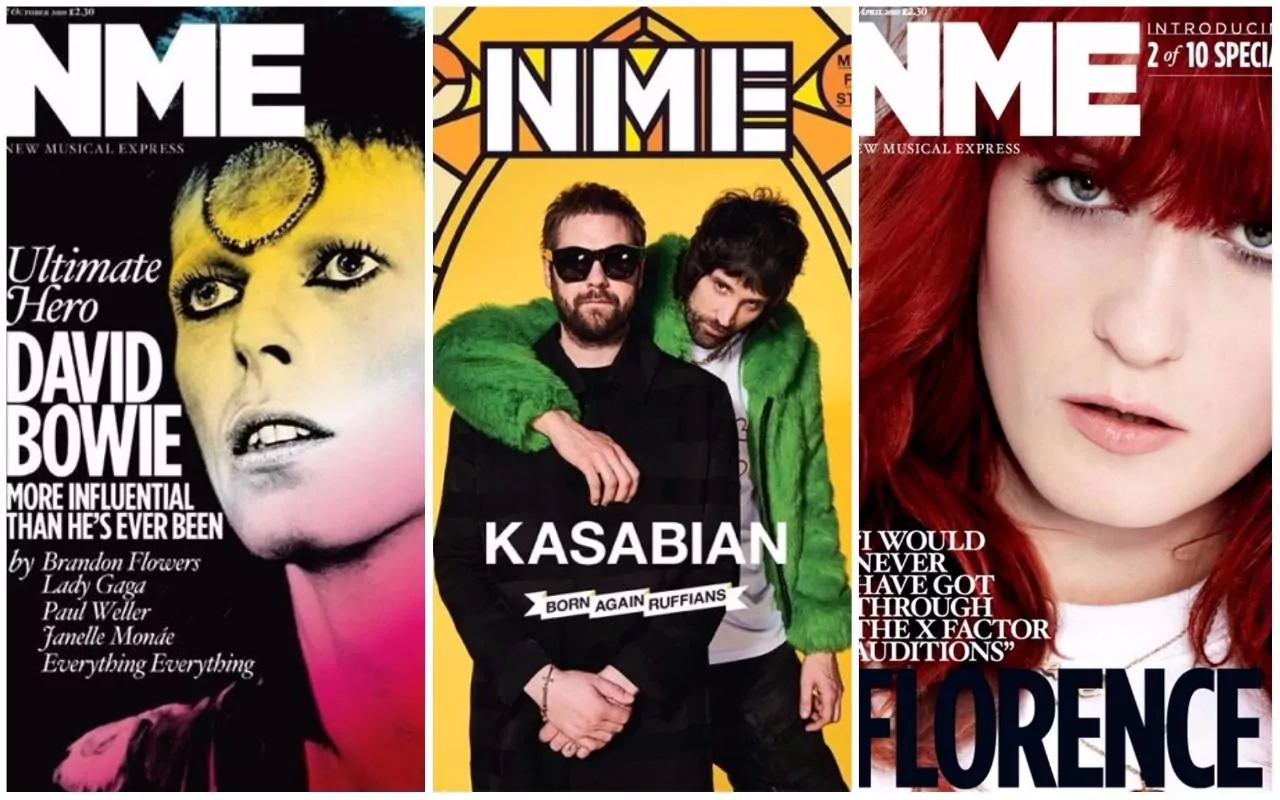Iconic music magazine NME ended its print run last week, after sixty-six years of publication. The move came after the publication’s dwindling circulation numbers saw its shift from a paid title to free magazine in 2015. Yet, despite the magazine costing nothing to the consumer, its popularity did not improve, leading to the company’s decision to cease print publication. The end does not come as a surprise, as print magazines cannot compete with the strength of its digital counterparts.
The end of print is not surprising, as it follows in a long line of publications that have ceased printing over the past ten years, in a bid to follow a new ‘digital first’ strategy; such magazines include Sugar, Nuts, FHM, and Company, with Glamour also now publishing bi-annually. Paul Cheal from NME revealed that the brand has ‘faced increasing production costs and a very tough print advertising market. It is in the digital space where effort and investment will focus to secure a strong future for this famous brand.’
In its heyday, NME – initialised from New Musical Express – was an iconic part of pop culture, read widely by music fans. In 1964, it saw sales peak at 307,000, as the Beatles and the Rolling Stones plastered the pages. The magazine was the way to keep up with your favourite bands and acts. Since then, it has been at the forefront for punk, the new wave, and Britpop.
Today, the magazine is not what it used to be. Since 2015, it has been an ad-funded throwaway read, much like the Metro or the Evening Standard. It does not hold the same readership that it once had, and its readership does not hold the magazine with the same high regard it previously claimed. This, of course, is not NME’s fault. The development of the Internet, and, in turn, social media and digital platforms, means that today’s teenagers do not need to wait for the next magazine to get their music news. What was once exclusive to NME is now available easily, and freely, online, instantly.
The end of this iconic magazine’s print run after almost seventy years clearly demonstrates the decline that the print magazine industry is facing. Sales of the top 100 print magazines fell by almost half in the UK and Ireland from 2010 to 2017. It is worth noting that this is not the case for print industries. In print book publishing, sales of print books are growing, while sales of ebooks are falling. The industry has seen a shift as consumers favour physical copies over digital versions, a complete turnaround from the sharp rise of the e-reader in the late 2000s.
The end of NME’s print is sad for many ex-readers, for whom the magazine is a nostalgic reminder of their music-filled youth, however, it was not a surprise.
Eleanor Smith
(Image courtesy of The Telegraph)

